13 GPTs for Digital Accessibility Powered by AI for Free of 2026
AI GPTs for Digital Accessibility refer to advanced artificial intelligence models, specifically Generative Pre-trained Transformers, designed to enhance digital accessibility. These tools leverage natural language processing and machine learning to interpret, generate, and modify content in ways that make digital information more accessible to people with disabilities. They play a crucial role in ensuring that digital content, platforms, and technologies are inclusive, adhering to the principles of universal design. By automating the creation and adaptation of accessible content, these GPTs offer tailored solutions that address a wide range of accessibility challenges, making the digital world more navigable for everyone.
Top 10 GPTs for Digital Accessibility are: Describe this photo!,Meta Description and Alt Text Generator,Web Accessibility Checker,Deaf and Blind,Alt Text Helper,ALT Generator,Neurodiversity Navigator,Accessibility Testing (Automated, 2024),broken 404,For Sight
Describe this photo!
See Your Photos Through AI's Eyes

Meta Description and Alt Text Generator
Elevate Your SEO and Accessibility with AI
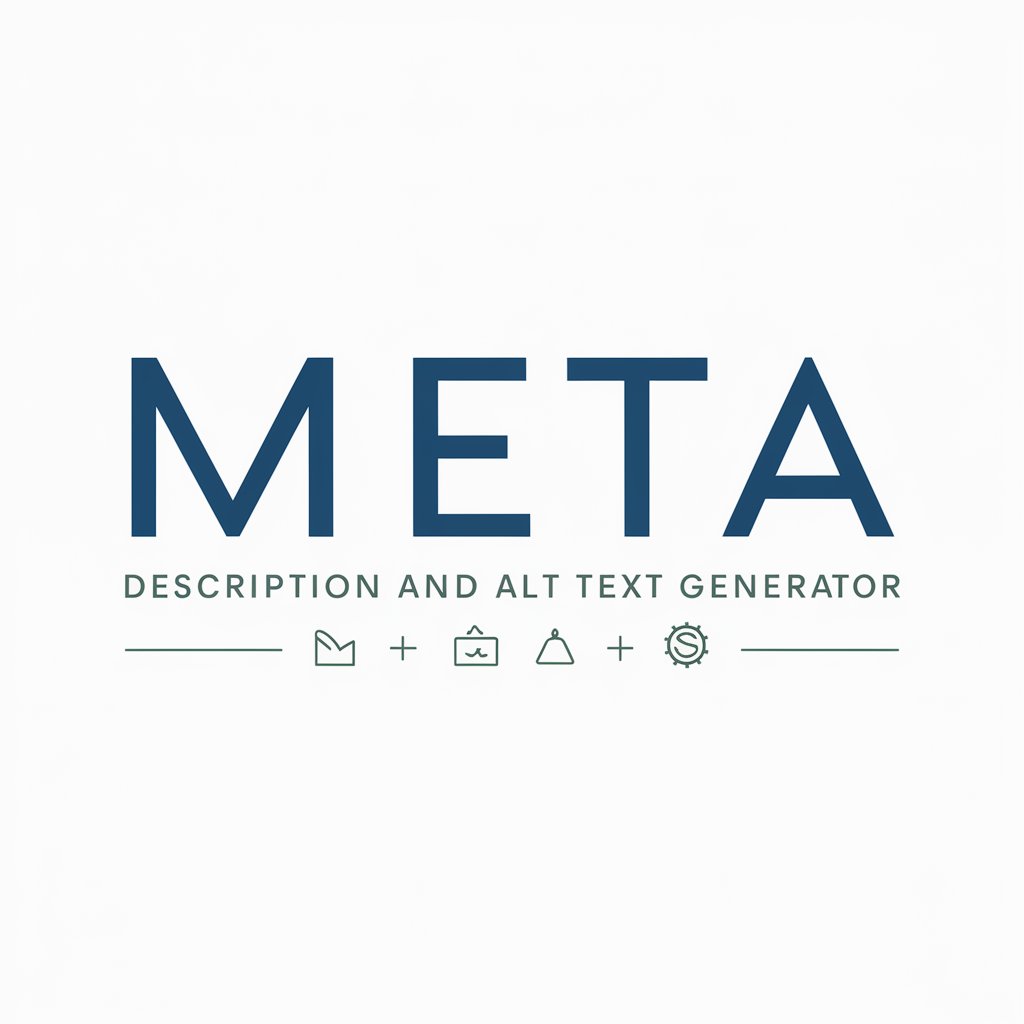
Web Accessibility Checker
Empowering accessible web experiences with AI.
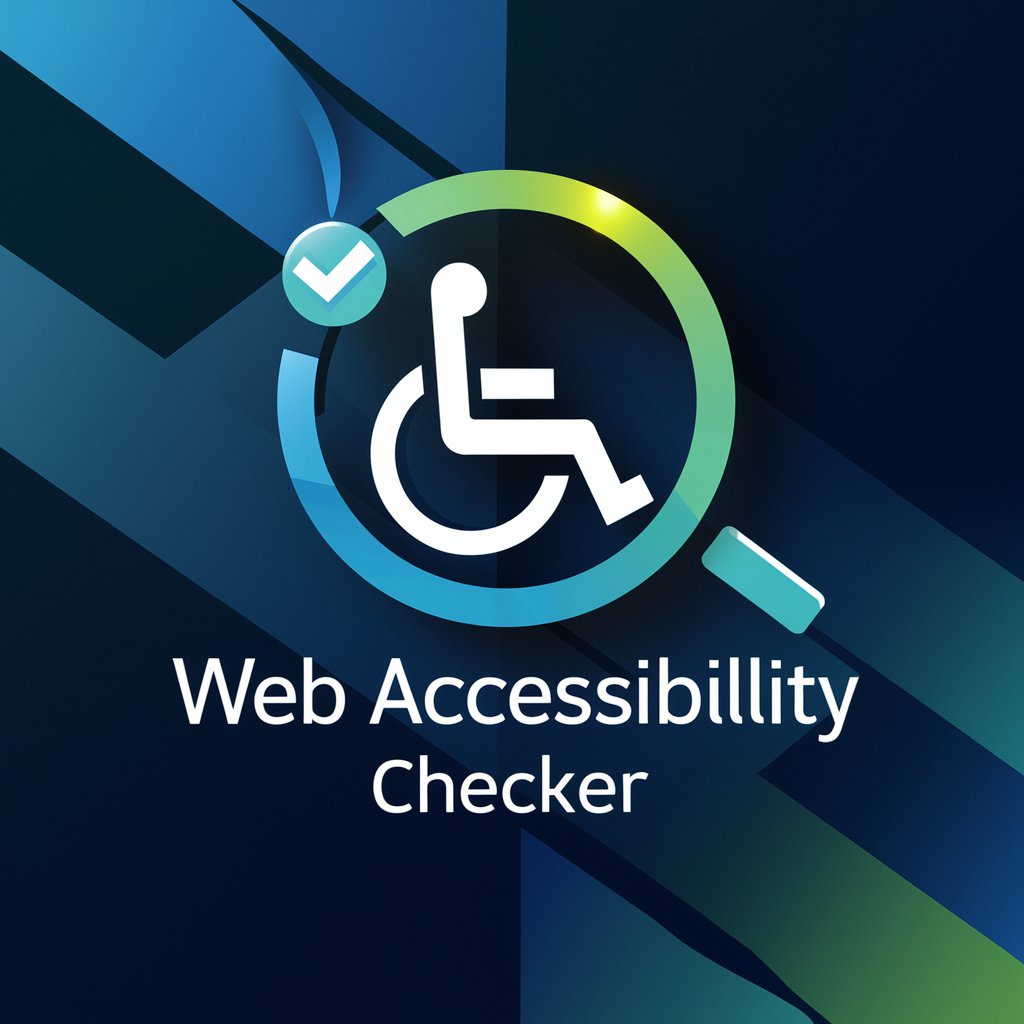
Deaf and Blind
Empowering Access, Enhancing Communication
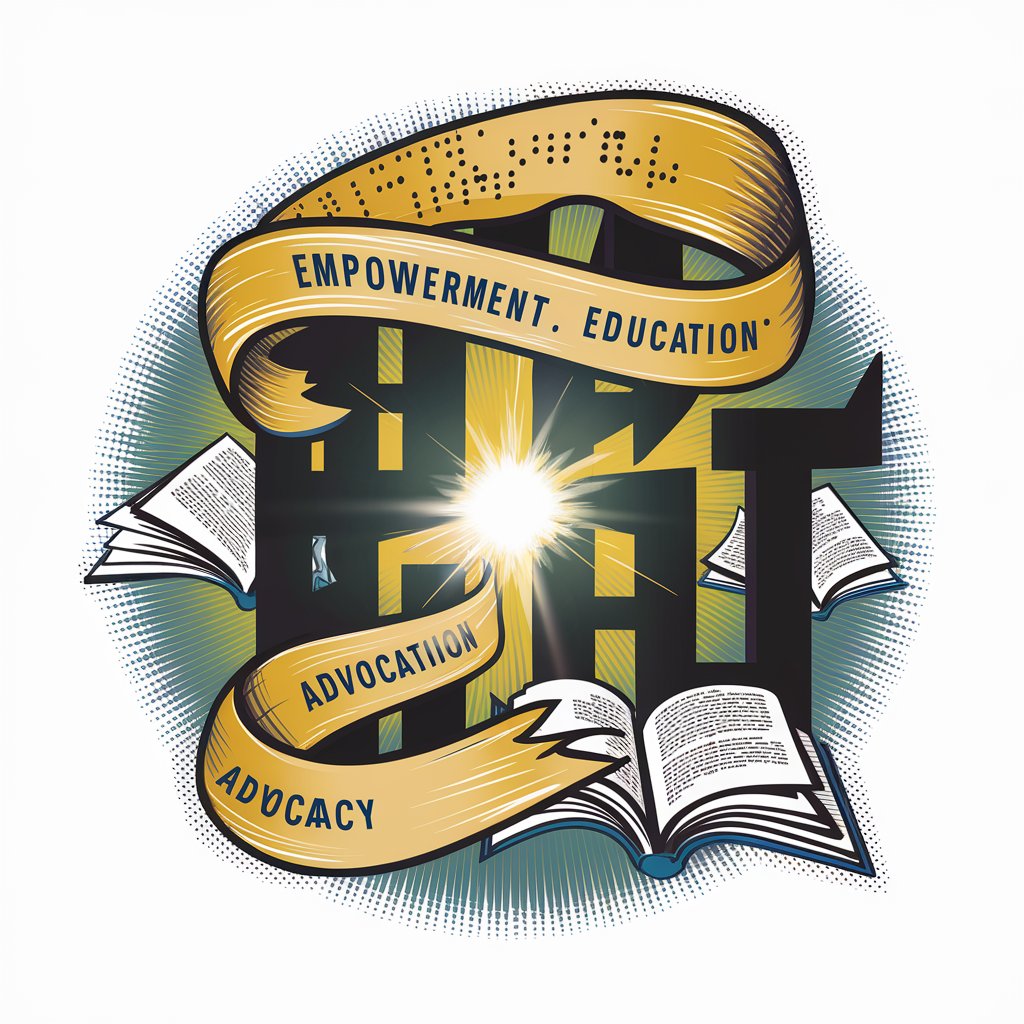
Alt Text Helper
Empowering accessibility with AI
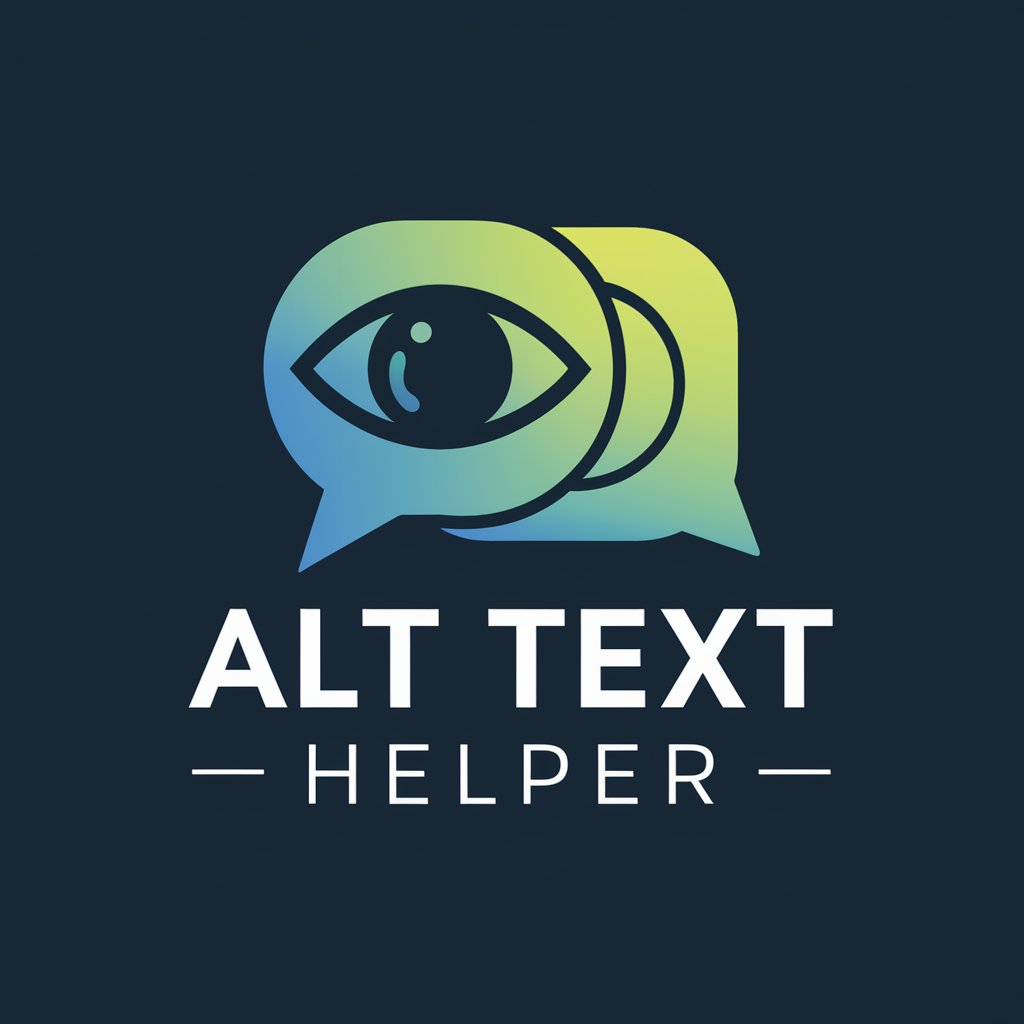
ALT Generator
Empower Your Images with AI-Driven Alt Text
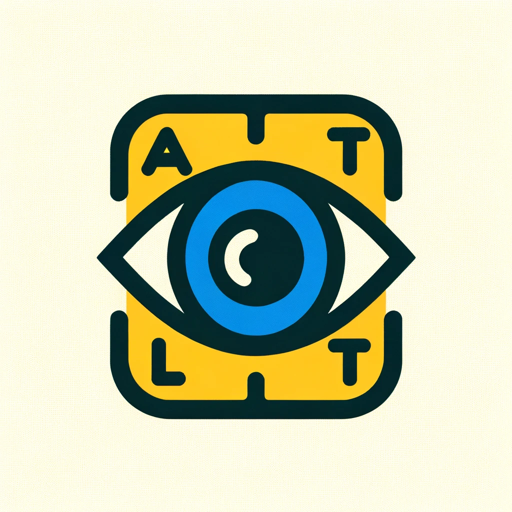
Neurodiversity Navigator
Empower Diversity, Foster Inclusion
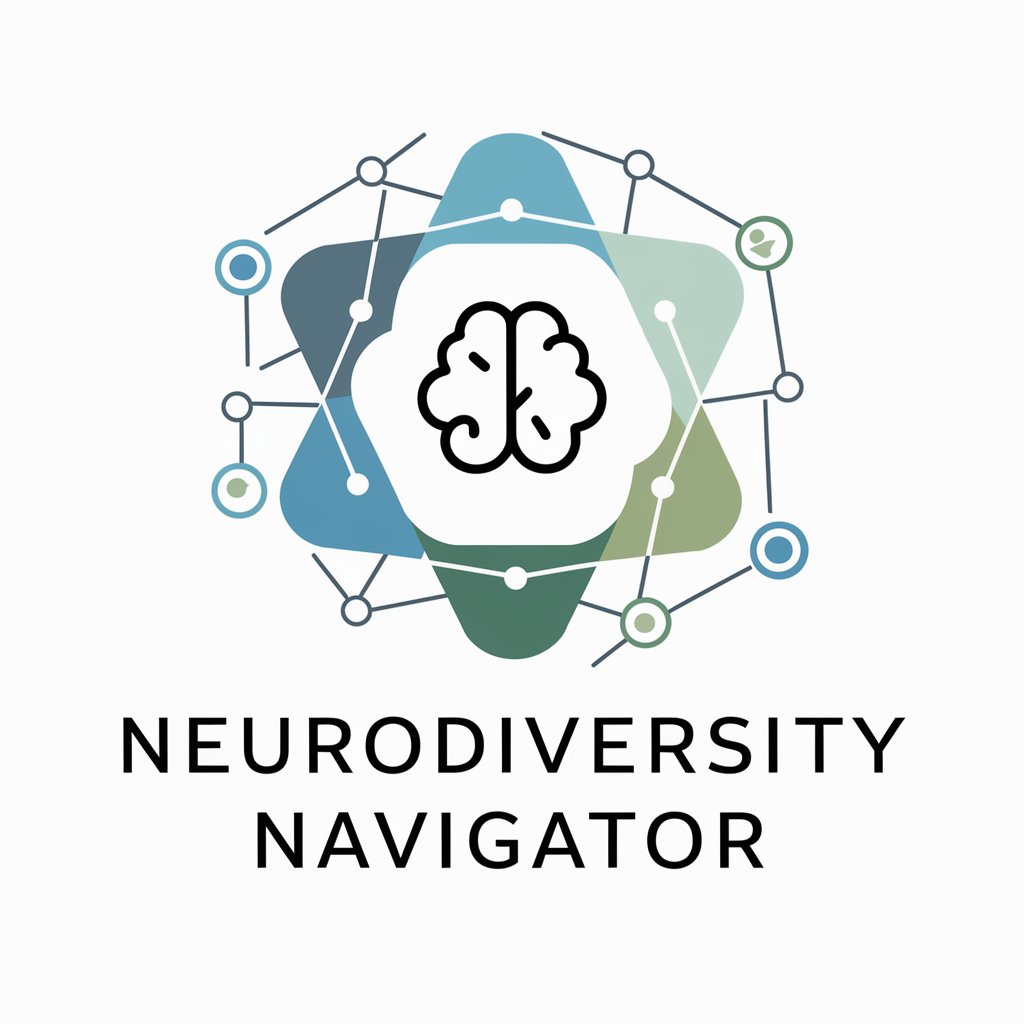
Accessibility Testing (Automated, 2024)
Empowering Digital Inclusivity with AI
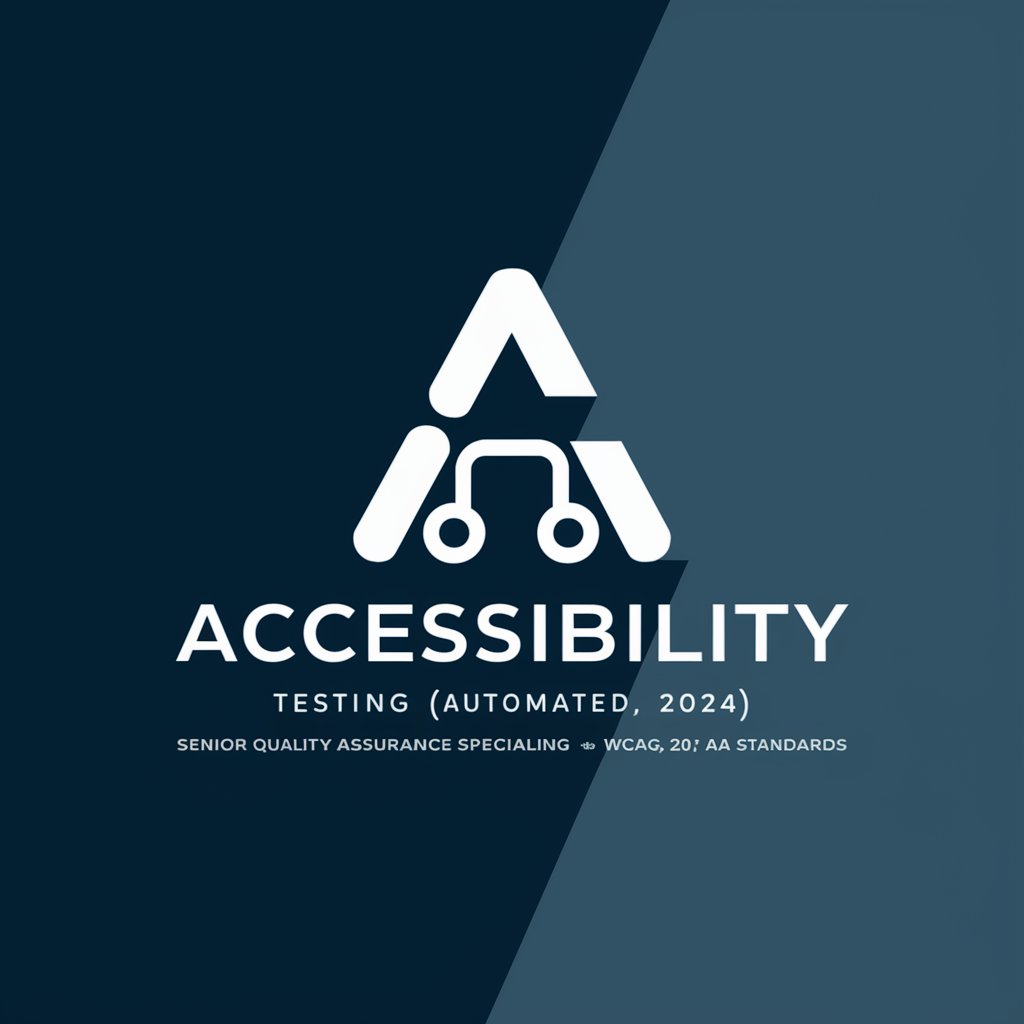
broken 404
Revolutionizing Link Integrity with AI
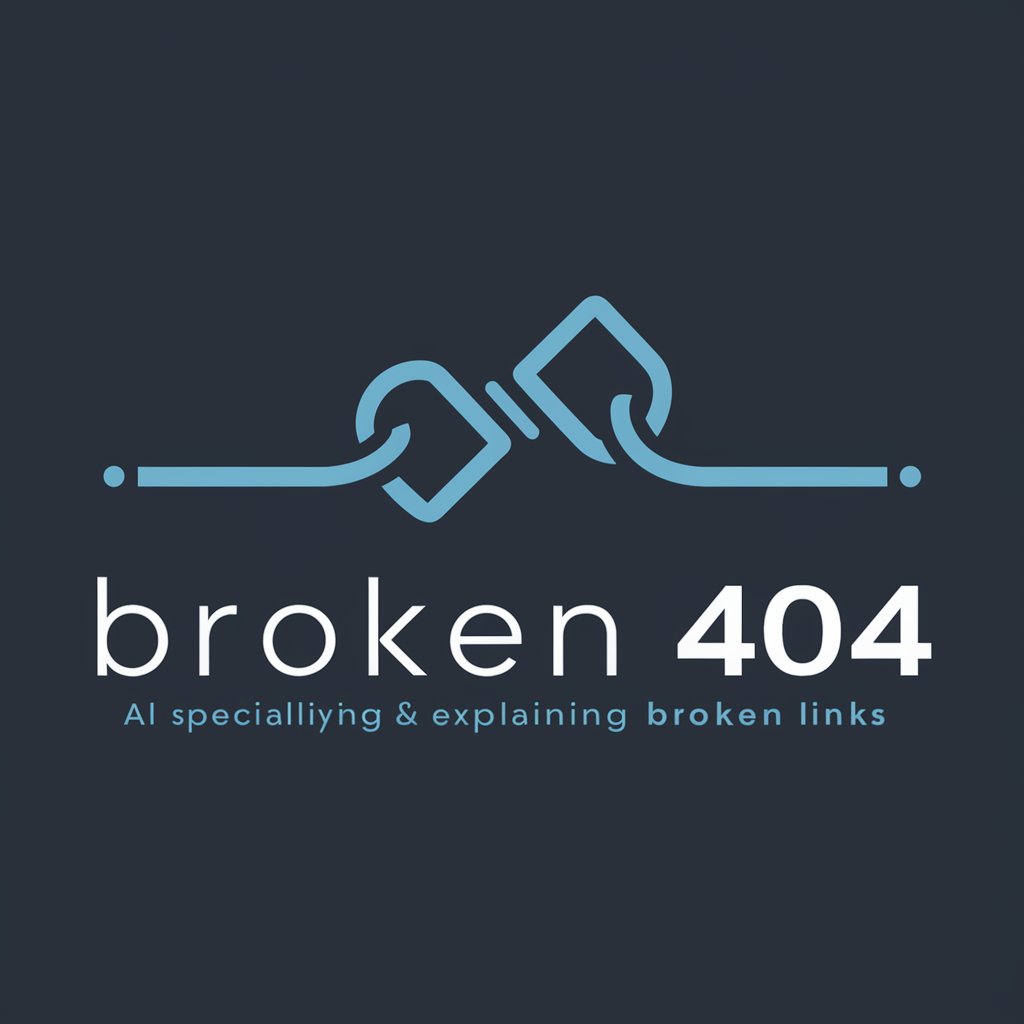
For Sight
Empowering Vision with AI-Driven Descriptions

JavaScript for Universal Web Accessibility
Empowering Accessible Web Experiences with AI
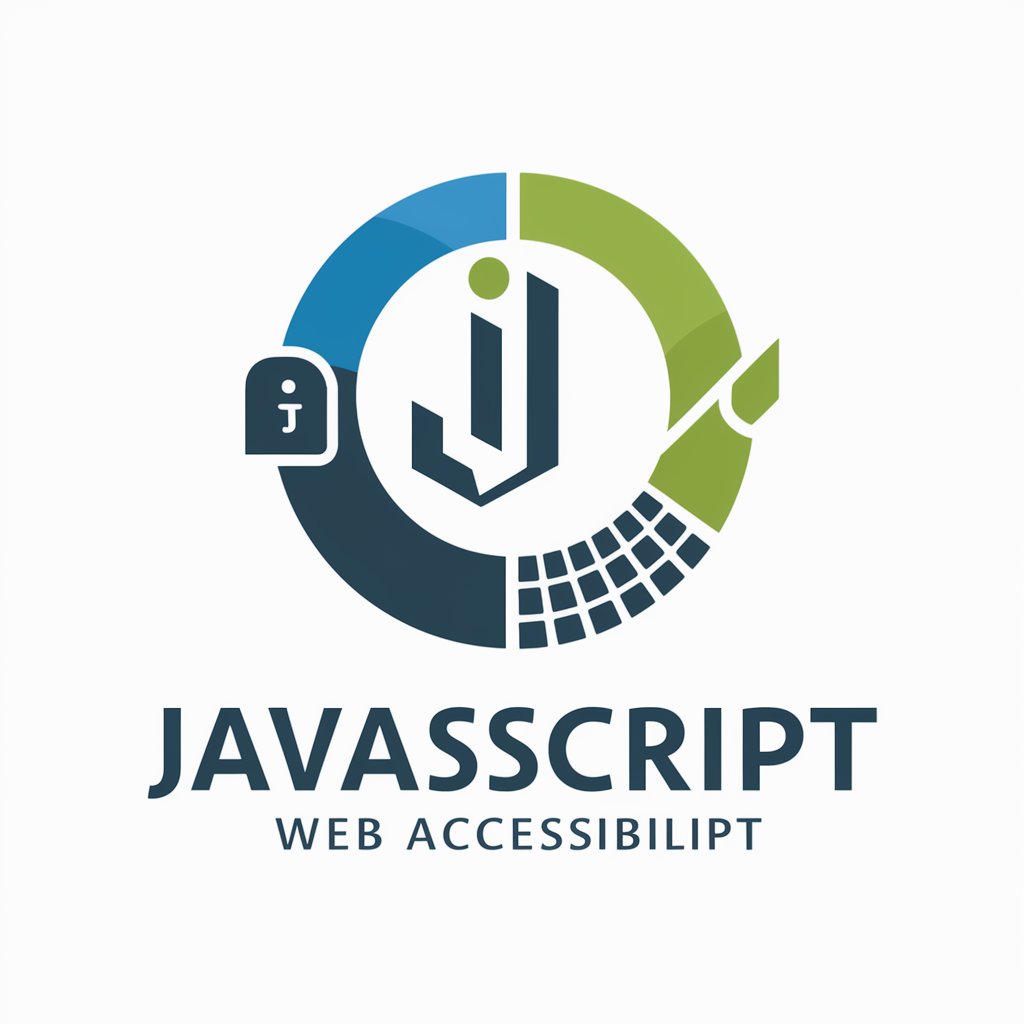
Visual Descriptor
Precision in Every Pixel
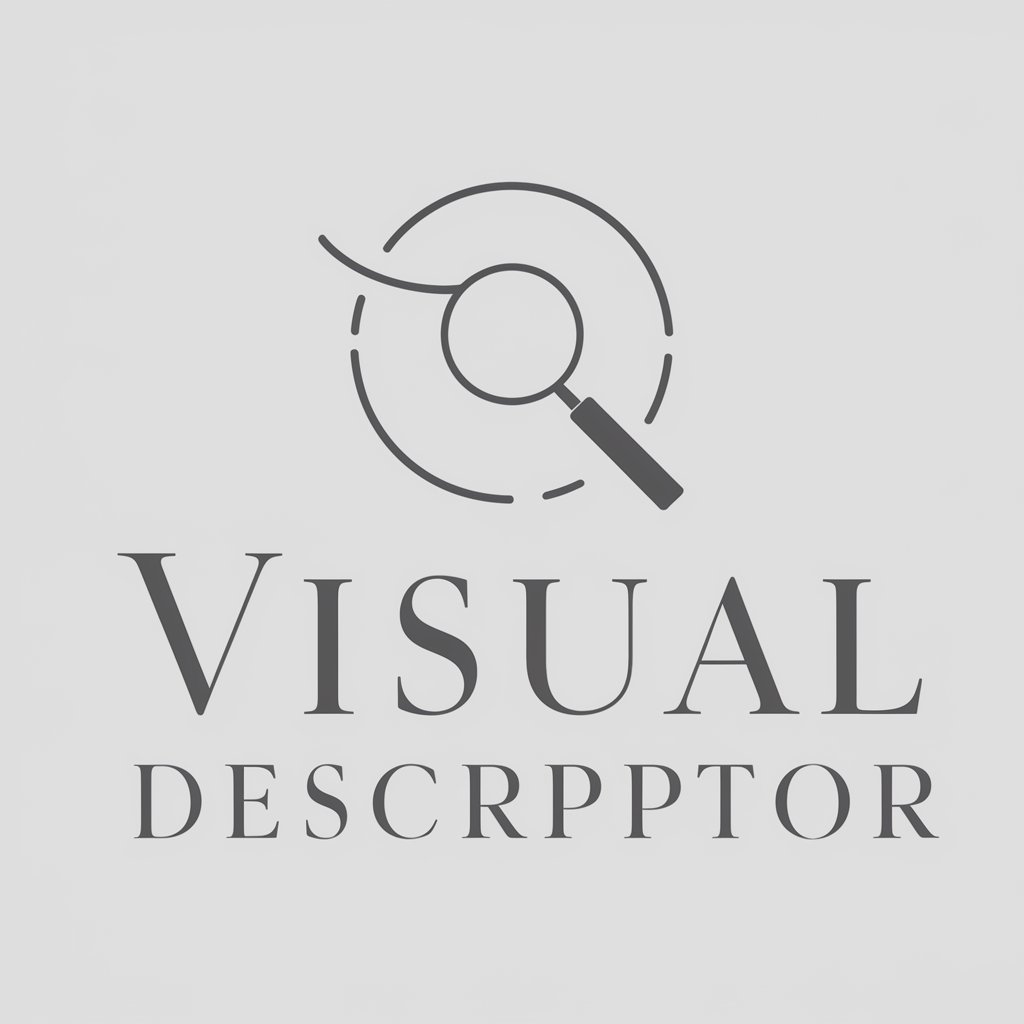
Essential Attributes of Digital Accessibility GPTs
AI GPTs for Digital Accessibility are characterized by their versatility and adaptability, offering a broad spectrum of functions tailored to enhancing digital inclusivity. Key features include advanced language understanding for creating accessible texts, the ability to generate alt-text for images, support for multiple languages to cater to a global audience, and capabilities for web accessibility evaluations. These tools can simplify complex content, making it understandable for audiences with cognitive disabilities, and provide technical support for developers in implementing accessibility standards. Their adaptability ranges from straightforward tasks like text modification to complex functions such as automated compliance testing and accessible design suggestions.
Who Benefits from Accessibility-Focused GPTs?
AI GPTs for Digital Accessibility serve a wide range of users, from novices to professionals in the digital accessibility domain. They are particularly beneficial for content creators looking to make their digital materials accessible, web developers aiming to adhere to accessibility standards, and accessibility consultants seeking efficient tools for evaluation and recommendation. These AI tools are also invaluable for individuals without coding skills, offering user-friendly interfaces and automatic features, while providing programming experts with powerful APIs for custom development and integration.
Try Our other AI GPTs tools for Free
Photographic Archiving
Discover how AI GPTs are revolutionizing Photographic Archiving with advanced features for organization, management, and retrieval of visual records, making them indispensable tools for professionals and enthusiasts alike.
Aesthetic Analysis
Discover how AI GPTs for Aesthetic Analysis revolutionize the understanding and application of aesthetics in art and design, offering tailored insights and innovative solutions.
データ分析
Explore the transformative power of AI GPTs in data analysis, offering advanced, customizable tools for insightful analytics across various sectors.
コンテンツ生成
Discover how AI GPTs transform content creation with adaptable, efficient tools designed for creators, marketers, and developers alike.
顧客対応
Discover how AI GPTs for customer support revolutionize service delivery, offering personalized, efficient, and multilingual assistance to businesses worldwide.
研究支援
Discover how AI GPTs for research support transform academic and scientific endeavors, offering tailored, intuitive solutions to enhance efficiency and innovation in research.
Expanding the Reach of Accessibility with GPTs
GPTs for Digital Accessibility not only facilitate compliance with accessibility standards but also innovate the way content is created and consumed. They embody a user-centric approach, ensuring that digital environments are inclusive for all users, regardless of their abilities. Integration with existing systems allows for seamless workflows, while user-friendly interfaces encourage widespread adoption, making digital inclusivity more achievable than ever.
Frequently Asked Questions
What are AI GPTs for Digital Accessibility?
AI GPTs for Digital Accessibility are specialized AI models designed to enhance the accessibility of digital content and technologies for people with disabilities, using natural language processing and machine learning.
How do these tools improve digital accessibility?
They automate the creation of accessible content, evaluate web accessibility, generate alternative texts for images, and simplify complex information for better understanding.
Can non-technical users benefit from these tools?
Yes, these tools are designed with user-friendly interfaces that enable non-technical users to easily create and manage accessible digital content.
Are there customization options for developers?
Absolutely, developers can access APIs and programming interfaces to customize and integrate these tools into existing systems or workflows for enhanced digital accessibility.
Do these GPTs support multiple languages?
Yes, they are equipped to handle multiple languages, making digital content accessible to a global audience.
How do they assist in adhering to accessibility standards?
These GPTs provide technical support and guidelines for creating content that meets recognized accessibility standards, such as WCAG and ADA.
Can they generate accessible web designs?
Yes, some GPTs are capable of suggesting and generating web design elements that comply with accessibility standards.
Are these tools applicable in education?
Definitely, they can be used to make educational materials more accessible, benefiting students with disabilities by providing content that meets their specific needs.